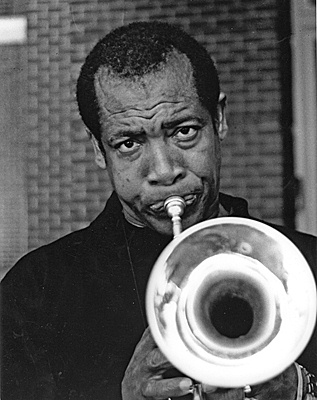All Nonfiction
- Bullying
- Books
- Academic
- Author Interviews
- Celebrity interviews
- College Articles
- College Essays
- Educator of the Year
- Heroes
- Interviews
- Memoir
- Personal Experience
- Sports
- Travel & Culture
All Opinions
- Bullying
- Current Events / Politics
- Discrimination
- Drugs / Alcohol / Smoking
- Entertainment / Celebrities
- Environment
- Love / Relationships
- Movies / Music / TV
- Pop Culture / Trends
- School / College
- Social Issues / Civics
- Spirituality / Religion
- Sports / Hobbies
All Hot Topics
- Bullying
- Community Service
- Environment
- Health
- Letters to the Editor
- Pride & Prejudice
- What Matters
- Back
Summer Guide
- Program Links
- Program Reviews
- Back
College Guide
- College Links
- College Reviews
- College Essays
- College Articles
- Back
Inner City Children
In the 30 Human Rights Listed by the United Nations, Article 26 states that” Everyone has the right to education.” And while, in America, everyone is promised a free education, many inner city children don’t graduate highschool.
The Merriam Webster Dictionary defines inner city as the usually older, poorer, and more densely populated central section of a city. But what does this have to with education? Look at the chart below: file://localhost/Users/markgeorgejr/Desktop/Baltimore-Salaries2.jpg
Notice the large difference in income between Baltimore City, and the suburbs. Now think about the children. In the cities children not only worrying about the next math test coming up, but what about their parents ability to stay in their house or apartment, or what about when they will get another meal. In the richer suburbs, children can feel at ease about their parent’s situation and focus more on their education and future. Will the kids in the urban be forced to work to help the family? Possibly missing school and assignments. Maybe, if they are able to find a job in the ever-shrinking job market. After graduation (if they graduate, 50% don’t stay in school) many of the inner city kids may not be able to get a scholarship to a college because of poor grades. Even if a child was smart enough to get a scholarship, how could they afford it? Without a college education, how will these kids succeed in finding a steady source of income? These are all unfair disadvantages that many of these inner city kids will face later on.
And what about crime or gang violence? Inner city kids are at a much higher risk of being affected by crime than those in higher income areas. Not only do they run the risk of being the victim of a violent crime, they might be the one committing it! Because of the need for cash and the lack of jobs, some children might find themselves being forced to steal from other people, so that their family will have food on the table. What would you do in the situation? It is very unfortunate, and may lead into a life of crime that ends up in jail time or death.
How do we stop this continuous cycle of crime and poverty? There are many organizations that help at-risk kids succeed, and I listed them in the following page. Donating cans to food drives and giving lectures at youth ministries is definitely worth the small amount of money and time you give to them. Think about it, even if you only helped one person, wouldn’t it be give you great satisfaction that you helped someone take a small step out of the Ghettos, crimes, and debt?

Similar Articles
JOIN THE DISCUSSION
This article has 0 comments.
